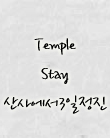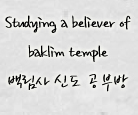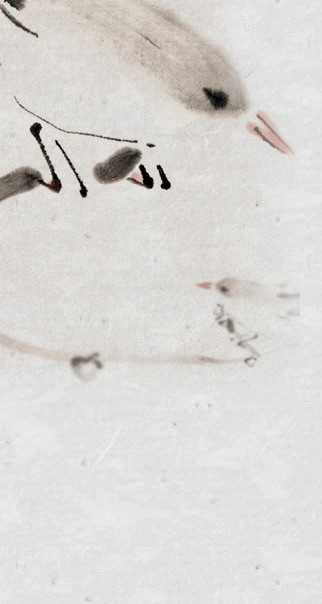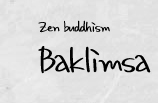In the Greater Discourse of a Full Moon (Middle Length Sayings III, no. 109) we read that the Buddha, while he was staying near Sāvatthī in the palace of Migāra’s mother in the Eastern Monastery, said to the monks:
마찌마 니까야 109 보름밤의 긴 경에 보면 부처님께서 사와티 근처 동쪽 사원 미가라 어머니 집에 계실 때 다음과 같이 말씀하셨다.
"... What do you think about this, monks? Is material shape permanent or impermanent?"
"Impermanent, revered sir."
"But is what is impermanent painful or is it pleasant?"
"Painful, revered sir."
"And is it right to regard that which is impermanent, suffering, liable to change, as ‘This is mine, this am I, this is myself’?"
"No, revered sir."
이를 어떻게 생각하는가, 비구들이여, 물질은 항상한가, 무상한가?
무상합니다. 세존이시여
무상한 것은 괴로움인가, 즐거움인가?
괴로움입니다. 세존이시여
무상하고 괴롭고 변하기 마련인 것을 두고 '이것은 내 것이다. 이것은 나다. 이것은 나의 자아다'라고 여기는 것이 타당하겠는가?
그렇지 않습니다. 세존이시여
The Buddha asked the same about mental phenomena.
부처님께서는 다른 정신적인 현상에 대해서도 질문하셨다.
In the Discourse on Mindfulness of the Body (Middle Length Sayings, III, no. 119) we read that the Buddha, when he was staying near Sāvatthī at the Jeta Grove, spoke to the monks about mindfulness of the body and the advantages of it. Some of these are the following:
마찌마 니까야 119번 염신경에 보면, 부처님께서 사와티 근처 제따와나 사원에 머물고 계실 때 비구들에게 몸을 알아차리는 수행과 그 이익에 대해서 다음과 같이 말씀하셨다.
... He is one who overcomes dislike and liking, and dislike (and liking) do not overcome him; he fares along constantly conquering any dislike (and liking) that have arisen. He is one who overcomes fear and dread, and fear and dread do not overcome him; and he fares along constantly conquering any fear and dread that have arisen. He is one who bears cold, heat, hunger, thirst, the touch of gadfly, mosquito, wind and sun, creeping things, ways of speech that are irksome, unwelcome; he is of a character to bear bodily feelings which, arising, are painful, acute, sharp, shooting, disagreeable, miserable, deadly....
(몸에 대한 알아차림을 확립한 사람은) 좋고 싫음을 극복한다. 싫고 좋은 생각에 압도당하지 않는다. 또 그런 생각이 일어나도 족족 극복해 버린다. 그는 두려움과 공포를 극복하며 두려움과 공포에 사로잡히지 않는다. 두려움이나 공포가 일어나는 족족 극복해 버리고 지낸다. 그는 추위나 더위, 배고픔이나 목마름 또는 파리, 모기, 바람, 햇볕, 기어 다니는 짐승들에 닿는 감촉을 참아내며 박대하는 말씨나 언짢은 말씨, 이미 몸에 닥친 괴로운 느낌 즉, 예리하거나 격렬하거나 불쾌하거나 비참하거나 치명적인 느낌마저도 태연히 견뎌낸다.
We will gradually learn to give in less to attachment and to anger or aversion when we have realized that these are only different types of nāma which arise because of conditions and then fall away again immediately.
우리는 조건 때문에 일어난 다양한 정신현상이 곧 사라진다는 사실을 알 때 성냄과 탐욕을 덜 부리게 된다는 것을 점차로 배운다.
출처: 수카또야





















